We are living in strange AI times: “All the cats are jumping out of all the bags and even beginning to mingle,” as Thomas Pynchon once wrote.
Literary website Lit Hub and more than 1,000 authors, booksellers, and librarians signed an open letter to the Big Five publishers (Penguin, Random House, HarperCollins, Simon & Schuster, Hachette Book Group, and Macmillan), as well as to the “other publishers of America.” Amongst the authors who signed are comic creators Cece Bell, Samira Ahmed, Lev Grossman, Mackenzi Lee, Matt de la Peña, Rainbow Rowell, Nic Stone, and Chuck Wendig.
If you want to add your signature, feel free to do so HERE. The petition is available to sign for anyone who works in publishing, including authors, agents, booksellers, librarians, editors, illustrators, designers, production staff, publicists and marketers, translators, legal specialists who work in contracts and publishing rights, and audio narrators and producers.
What is the Lit Hub AI petition about?
The Lit Hub letter asks publishers to pledge that “they will never release books that were created by machines,” and that “they will not replace their human staff with AI tools or degrade their positions into AI monitors.”
“The writing that AI produces feels cheap because it is cheap. It feels simple because it is simple to produce. That is the whole point,” the letter states. “AI is an enormously powerful tool, here to stay, with the capacity for real societal benefits—but the replacement of art and artists isn’t one of them.”
When talking about AI using authors’ works to be trained, the Lit Hub letter adds, “These stories were stolen from us and used to train machines that, if short-sighted capitalistic greed wins, could soon be generating the books that fill our bookstores. Is this the end goal—to fully remove us from the equation so that those at the very top of the capitalist structure can profit even further off our labor than they already do? Rather than paying writers a small percentage of the money our work makes for them, someone else will be paid for a technology built on our unpaid labor.”
The letter also lays out the terms the authors want:
We call on our publishers to pledge the following:
-
-
- We will not openly or secretly publish books that were written using the AI tools that stole from our authors.
- We will not invent “authors” to promote AI-generated books or allow human authors to use pseudonyms to publish AI-generated books that were built on the stolen work of our authors.
- We will not use AI built on the stolen work of artists to design any part of the books we release.
- We will not replace any of our employees wholly or partially with AI tools.
- We will not create new positions that will oversee the production of writing or art generated by the AI built on the stolen work of artists.
- We will not rewrite our current employees’ job descriptions to retrofit their positions into monitors for the AI built on the stolen work of artists. For example, copy-editors will continue copy-editing their titles, not monitoring and correcting an AI’s copy-editing “work.”
- In all circumstances, we will only hire human audiobook narrators, rather than “narrators” generated by AI tools that were built on stolen voices.
-
How will the publishers respond? Will this enthusiasm also be seen in the comic book industry? The heart of the matter is compensation and technology replacing people.
This controversy continues…
The line has been drawn in the sand, at least in the literary world—will comic book publishers also be asked to make a similar pledge? Thus far, at least one has: Mark Irwin has graciously pointed out in the comments section that Mad Cave Studios committed in December 2022, stating, “The use of AI-generated art without the consent of the artist has no place in our work. We are a creator-driven company.”
This piece includes additional contributions by Ollie Kaplan.


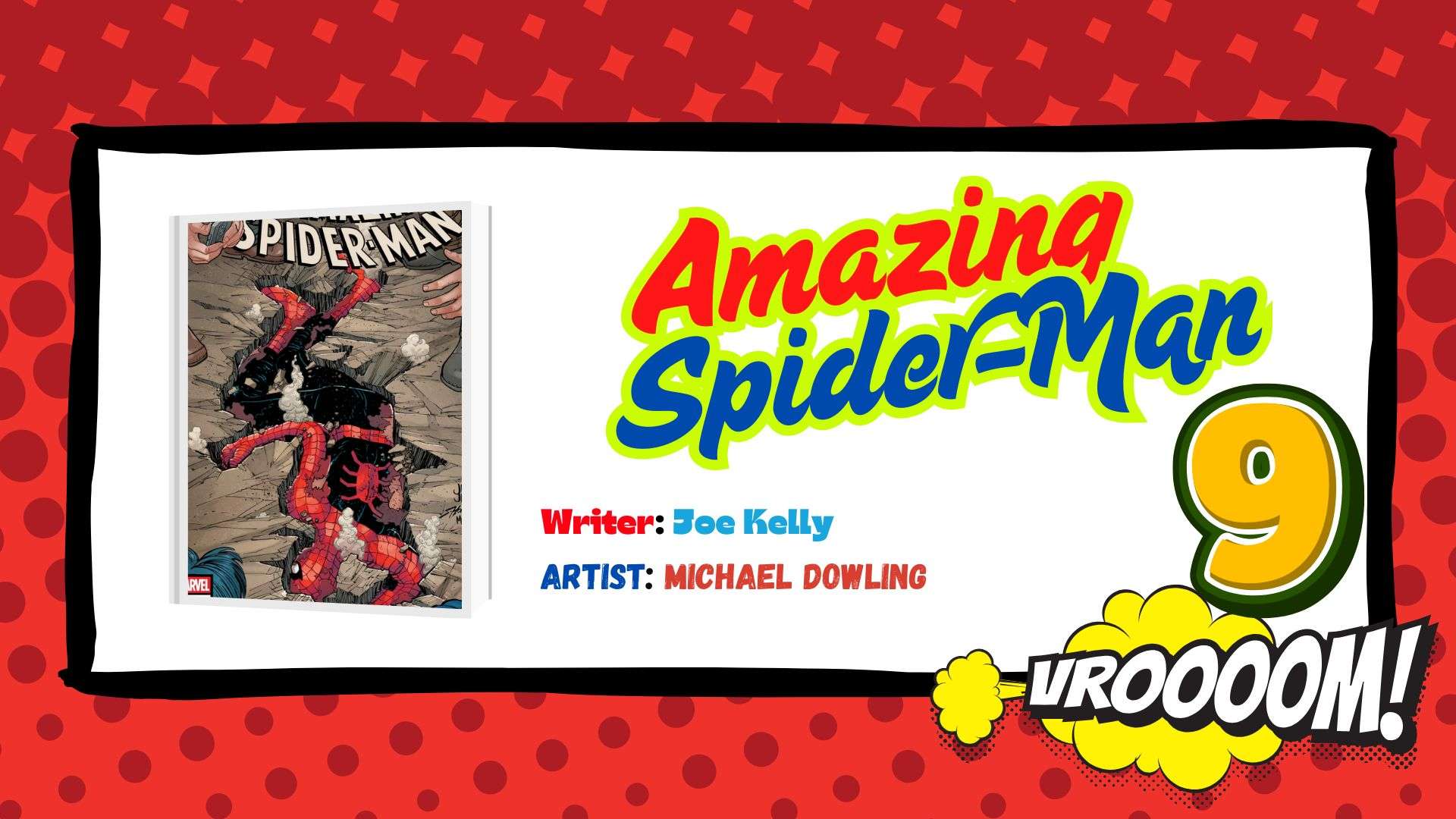



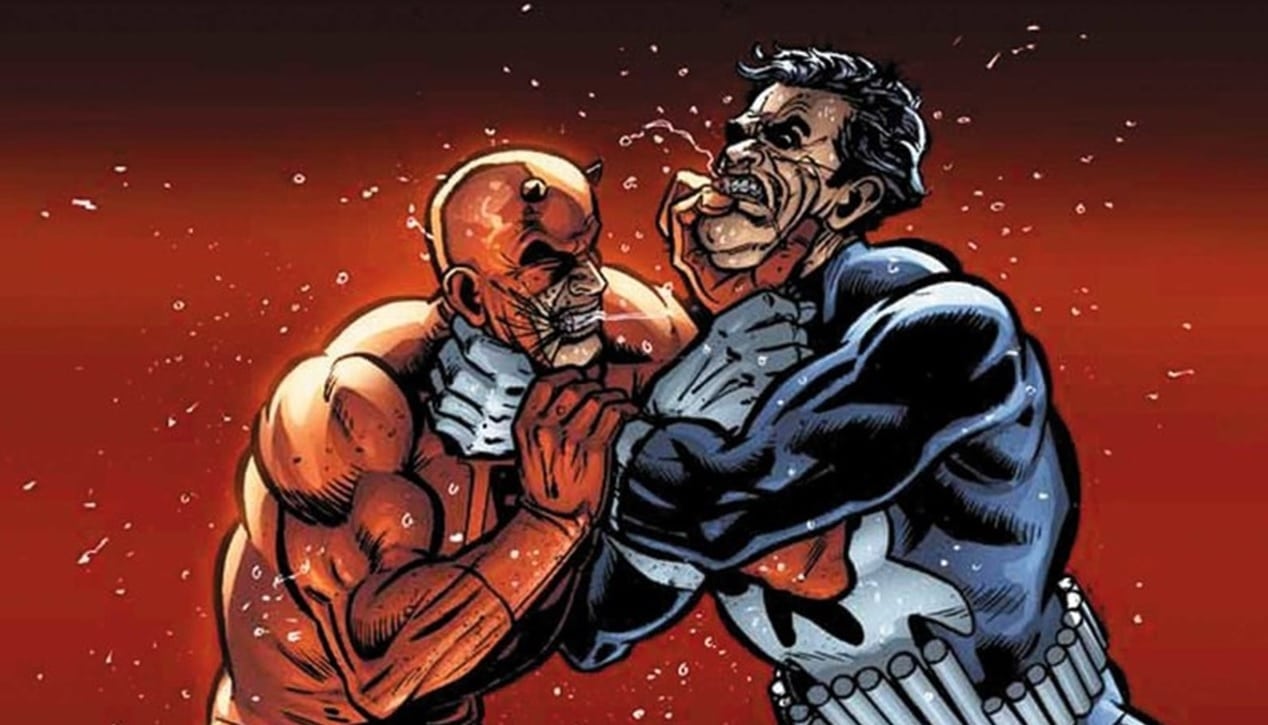


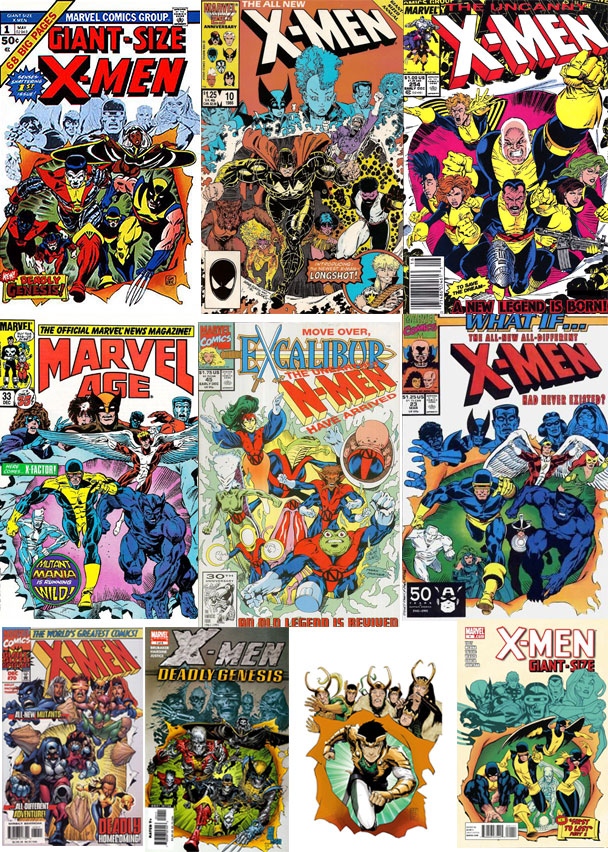



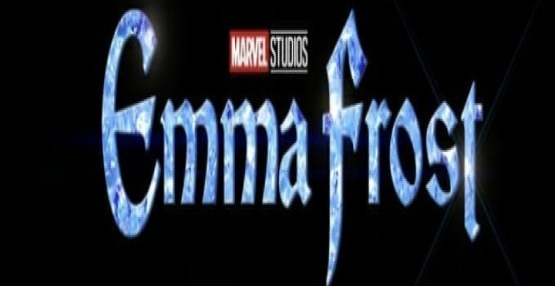


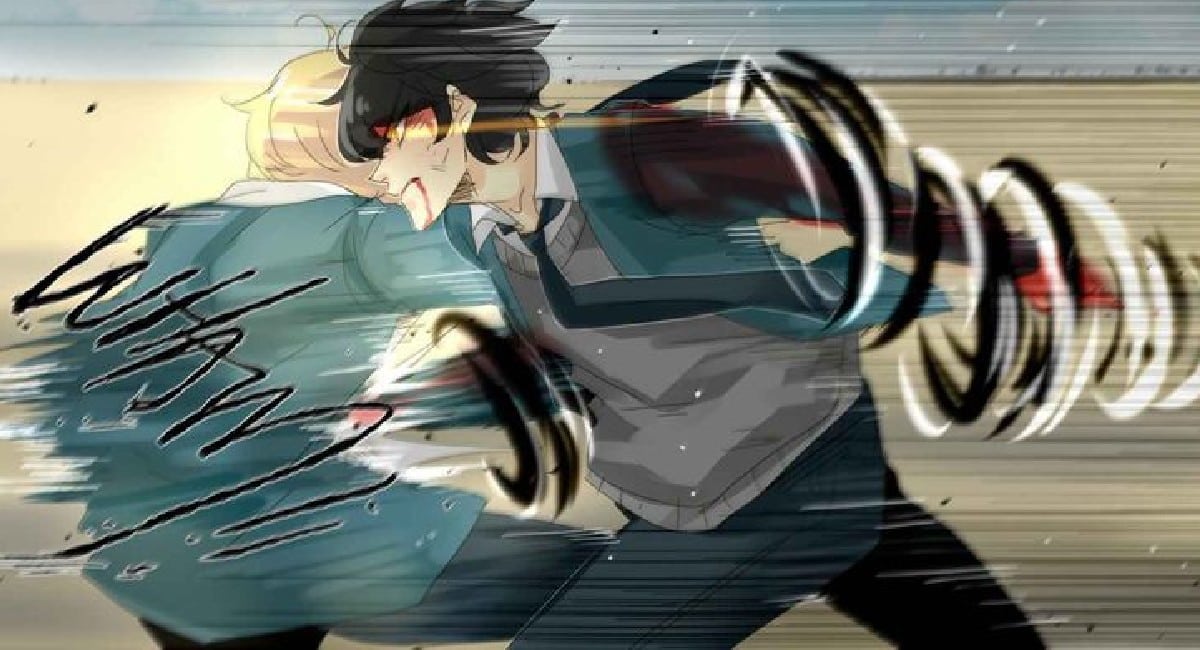


 English (US) ·
English (US) ·